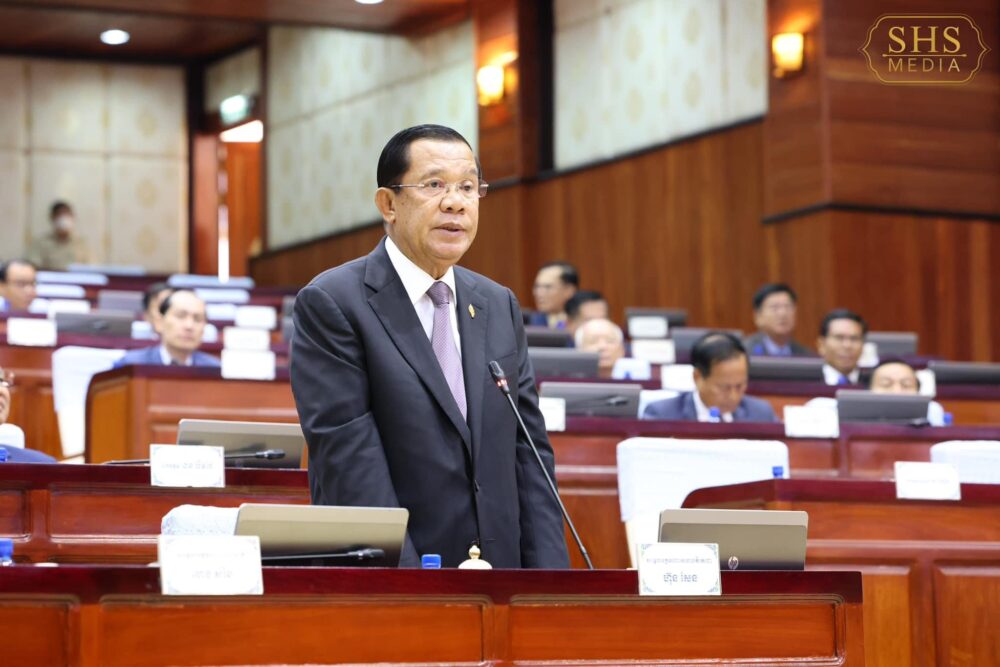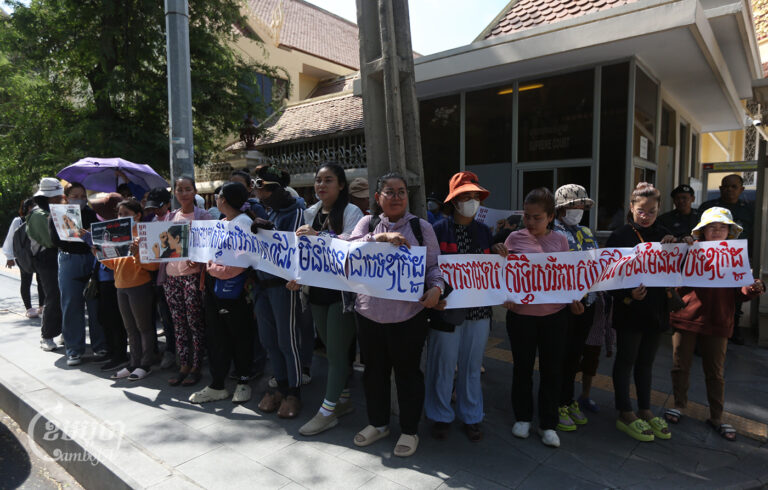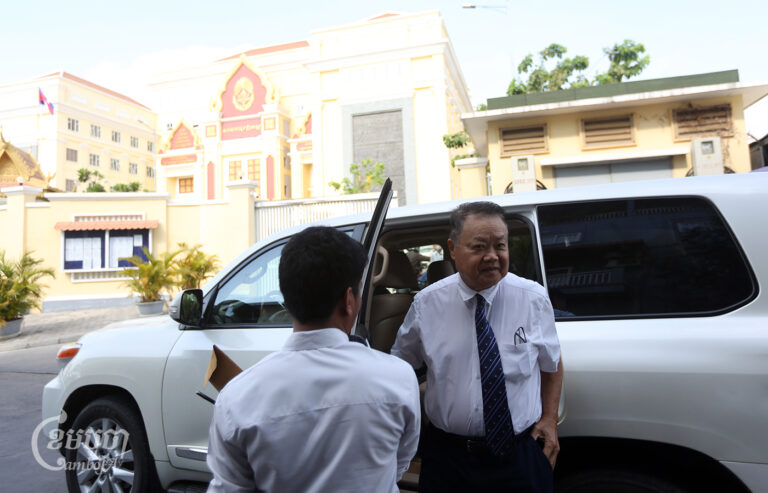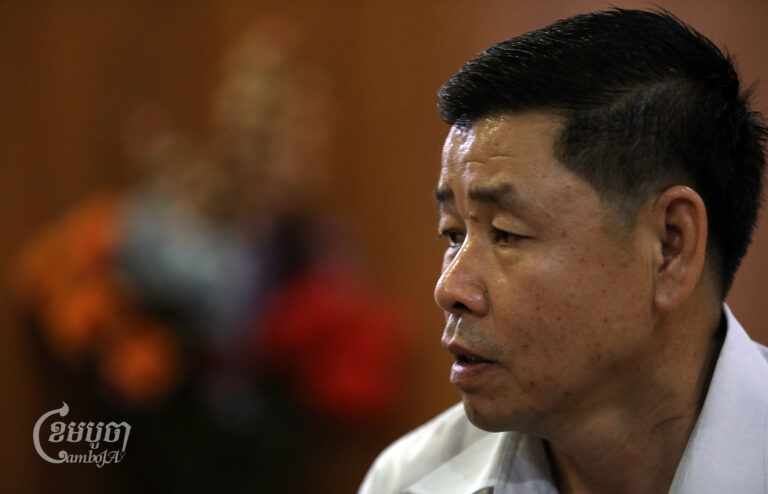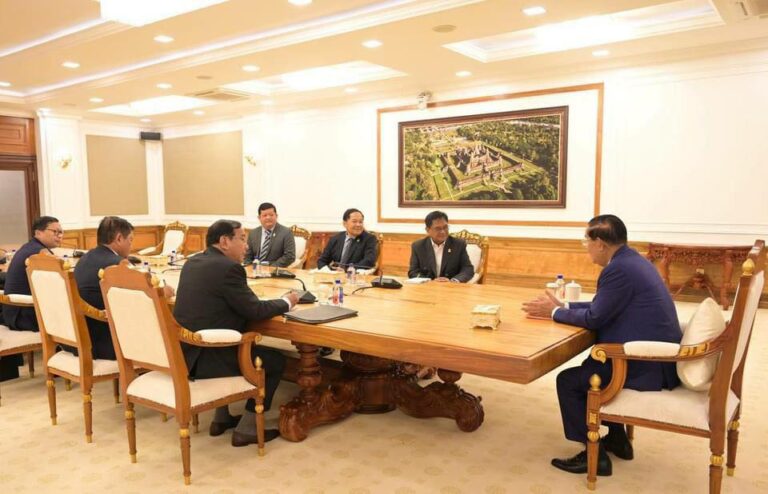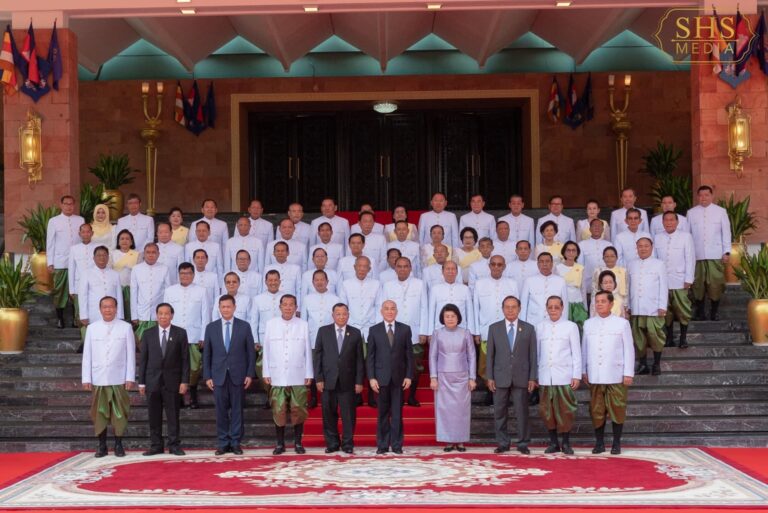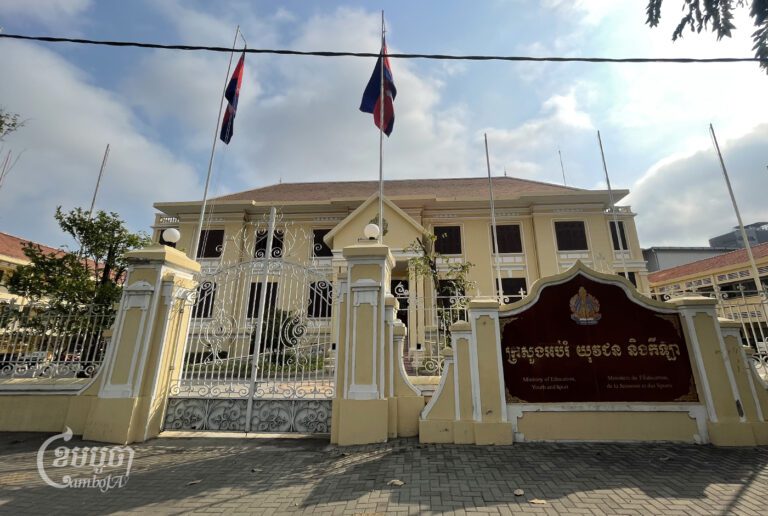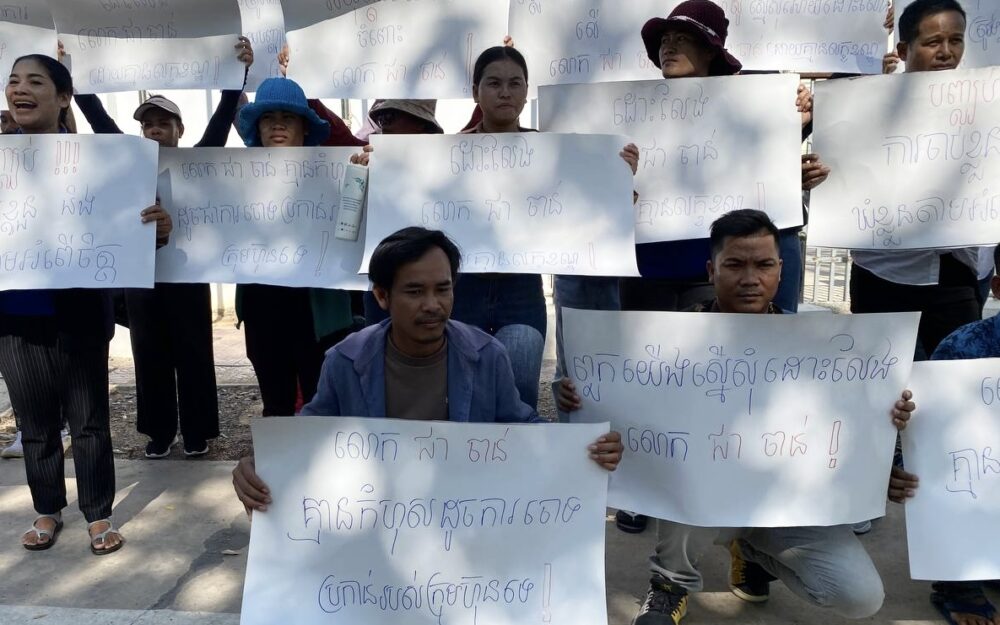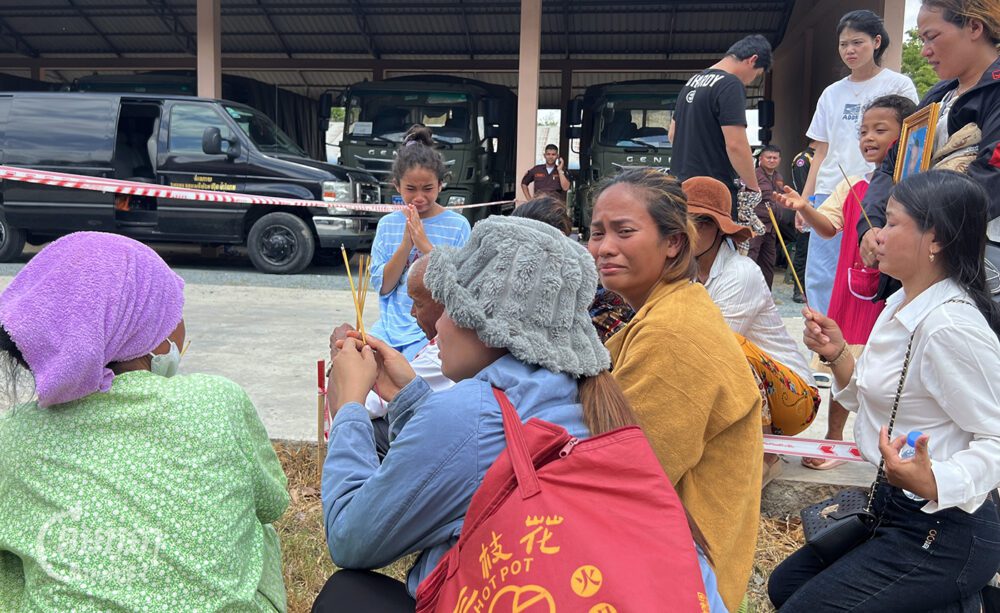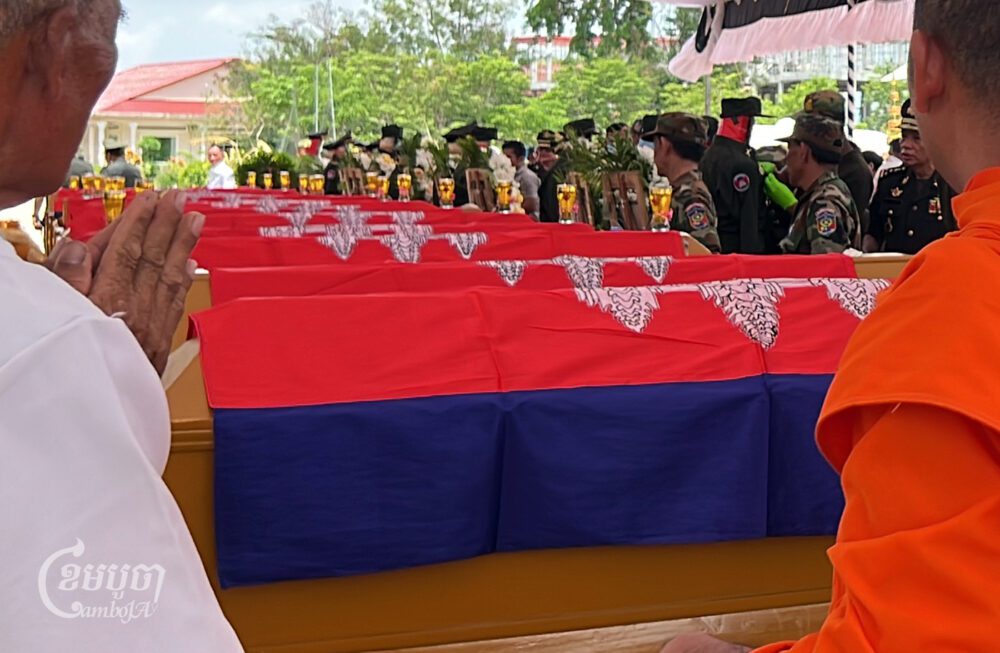Update: Former Prime Minister Hun Sen has announced his departure from the National Assembly after serving over 40 years in the legislative body, and as the ruling CPP party president, he is set to become the Senate president.
“Today I have the opinion that the most important goal is to say farewell to the National Assembly. Tomorrow [April 2] I will leave the National Assembly. I have been sitting in this parliament for more than half my life,” Hun Sen posted on Facebook while attending the National Assembly’s session on Monday.
He pointed out that his tenure in the National Assembly is split into two. The first phase was from June 1, 1981 to May 1993 and the second phase was from June 14, 1993 to April 2, 2024.
“Both the phases total 43 years of power, so it is almost half a century of my presence in the National Assembly, including my role as Prime Minister for 32 years,” he said.
“Even though I am not in the National Assembly, I still have the right to [put my] signature to manage the National Assembly’s leaders, parliamentary members or commissions as the party president,” Hun Sen said.
“Today, I would like to announce the handing over of the Office of the Prime Minister in this National Assembly to the new Prime Minister [Hun Manet],” he said.
Hun Sen first became a member of the National Assembly at the age 25, where he held the post of deputy prime minister and foreign affairs minister. He thanked former parliamentarians who voted him in and allowed him to hold the office of the Prime Minister at the age 32.
He shared some of his achievements while working at the National Assembly. These include the amendment of the Constitution on economic development and reforming land issues by introducing land titles, including residential houses and agricultural lands.
Senate spokesperson Mam Bun Neang said the Senate’s first session since the election will begin on Wednesday, which will be presided over by King Norodom Sihamoni. Senate members are expected to vote on Friday for former Prime Minister Hun Sen to be president of the Senate while the first vice president post will be held by Prak Sokhonn, and Ouch Borith as the second president.
In addition, Senate president Say Chhum and vice president Sim Ka have been promoted to the Supreme Council by the King, according to Freshnews, a government-aligned media. Hun Sen has been made supreme privy council president.
Cambodian Institute for Democracy director Pa Chanroeun said even though Hun Sen was no longer a prime minister, he still wielded power as the president of the Cambodian People’s Party.
“We know in the political party system in Cambodia, the party president is powerful, and [here] he is the father of the prime minister [Hun Manet], so he still has influence. When he becomes the Senate president, the role [he holds] is as the acting head of state when the king was absent,” he said.
“Although there are voices from other political parties in the [current] mandate of the Senate, the quota for Senators from those parties is very small. There isn’t much hope for their voices to ensure check and balance,” Chanroeun opined.
In the Senate’s recent election, the ruling CPP swept 55 seats, while the opposition Khmer Will Party won three seats out of 62 seats. As for the remaining seats, two are appointed by the King and another two senators by the National Assembly.
Update: This article has been updated to reflect the date for the Senate presidential election as April 3, not April 5 as mentioned earlier.


